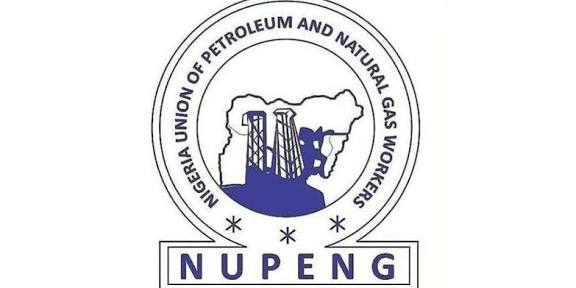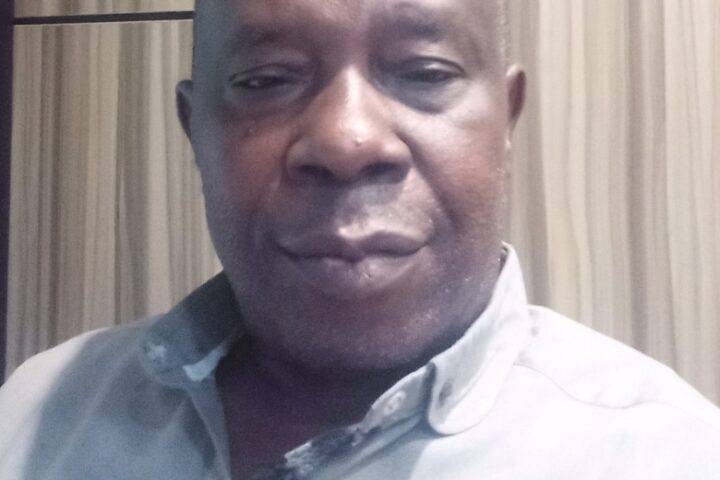
The Governor of the Central Bank of Nigeria (CBN), Mr. Godwin Emefiele, says efforts are in top gear to cut the country’s import bill by about 35 per cent.
The apex bank governor, who disclosed this while receiving a delegation from the Central Bank of The Gambia (CBG), led by its governor, Mr. Buah Saidy, on a two-day working visit to the country, stated that the country currently has the potential to export and earn foreign currency from the production of urea for local production of fertiliser as well as petroleum product as soon as the Dangote refineries goes into operation by the first quarter of next year.
According to him, the development would help to reduce importation by about 35 per cent.
He said President Muhammadu Buhari’s insistence about five years ago on the diversification of the country’s economic base had already started to yield positive results.
He said a country with a population of over 200 million should have food security, pointing out that this was why the CBN was aggressively looking into the area of food and, “where we can use our own available raw materials to produce what we need in our country”.
He added: “And we believe with time Nigeria will really be a greater country than it is today. We don’t think we are great yet because we have a high import dependence in the country and we are doing everything possible to reduce imports.
“But like you know, when we are able to reduce imports, encourage exports and encourage consumption spending and investment, those are some of the parameters that will ultimately boost our economy so that we can continue to see rapid growth in our GDP and see prosperity for our people.”
He also said that the apex bank has vast experiences in IT and cybersecurity, adding that its infrastructure had been proven to be impregnable to hackers.
He said: “There were some protests sometime last year and when the protest was going on we saw that people were trying to hack into systems and they tried to hack into the CBN systems.
“I got a message that the CBN system had been hacked into and I said the CBN system cannot be hacked into. I called our director in charge of IT and she responded that we have enough firewall that prevented the hack into our system. So those are the kinds of experiences we can share with you though expensive but will share then with you and think of how to work together to collaborate with yours.”
Emefiele,who spoke on the measure the apex bank took to sanction banks’ executives without repercussions, attributed the successes to the support which the apex bank had enjoyed from the National Assembly.
He said: “On the issue of the CBN independence, I thank you for the kind words. But I think the point is that we thank our own parliament. Our parliament has been extremely supportive of the CBN.
“They put in place a central bank Act that grants independence to the CBN and we have our Banks and Other Financial Institutions Act that also grants a lot of power and authority for the CBN to bite when we find people who want to take advantage of the system for their own personal benefit and we don’t breed any nonsense about people who try to take advantage of our system for their personal benefits.
“Everything must be done keeping in mind the overall national goals and objectives and that is why the CBN will act very fast on any economic agent that tries to undermine our policies and that’s why we are very firm on them.”
He said: “Working with your parliamentary I believe you can have laws that can give you the kind of independence that you need in any, practically most of the central banks in the world today have independence that gives them the power to be able to manage monetary policy in a way that is beneficial to their countries and economy.”
Emefiele also said the apex bank was doing everything possible, apart from looking at currency adjustment when necessary, to confront issues of supply management and ensure that economy grows.
He said the CBN had adopted demand management strategies that will help to curtail imports and ensure that some of those goods that can be produced locally are not imported.






















